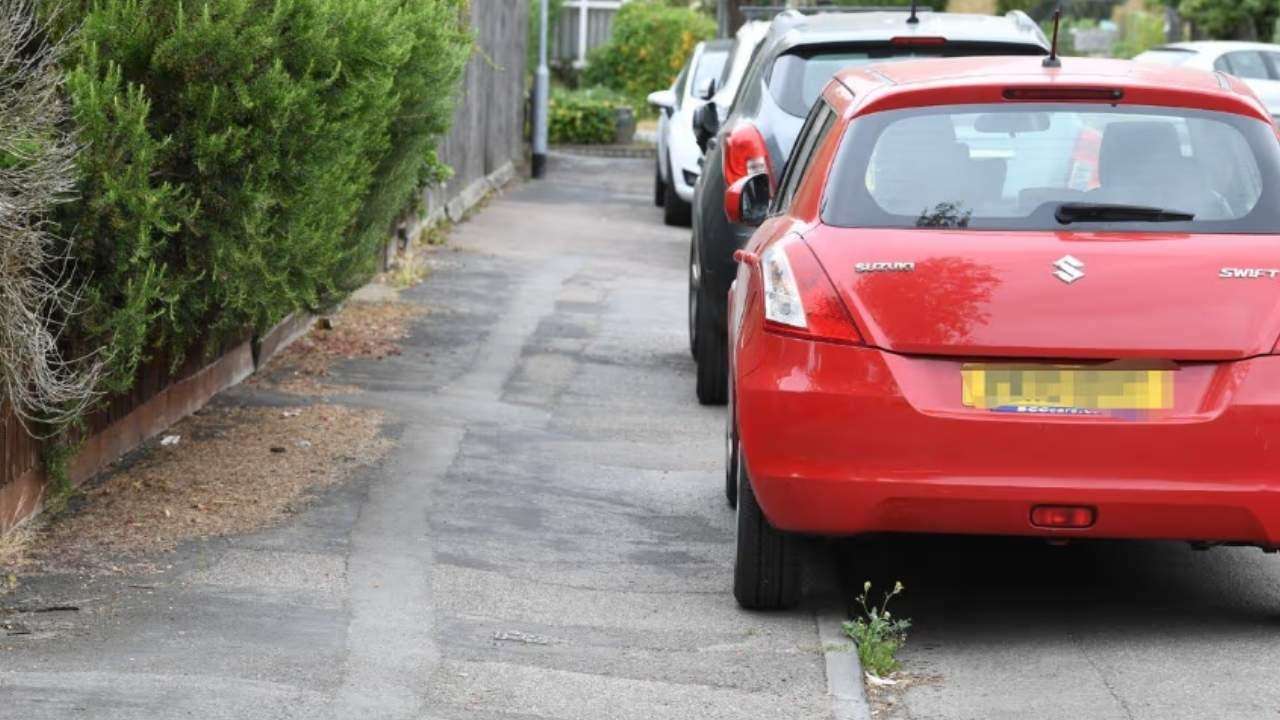The Primary Victims: Black Communities and Personnel Face Sharpest Racial Harm-A devastating new structural review has unequivocally found that anti-Black racism is "baked" into the Metropolitan Police Service (MPS), identifying Black communities and Black officers and staff as the primary and most severely impacted victims of systemic discrimination. The report, titled 30 Patterns of Harm: a Structural Review of Systemic Racism within the Metropolitan Police Service, does not speak in general terms of 'ethnic minorities' but pointedly focuses on the institutional refusal to address anti-Black bias that has persisted for almost 50 years, Daily Dazzling Dawn understands.
Author Dr. Shereen Daniels states that the force's systems, leadership, governance, and culture are actively producing racial harm, warning that the same internal systems that sustain anti-Blackness enable other forms of harm, but it is here "where harm is sharpest." The report highlights that Black children are routinely "treated as older, tougher, and more culpable than their white peers," and that within the force, Black officers are "structurally denied the authority to change the system."
Specifics of Disproportionate Impact and Discrimination-The findings are a direct consequence of decades of unaddressed systemic issues, echoing the conclusions of the landmark 1999 Macpherson Inquiry, which found the Met to be "institutionally racist" following the murder of Stephen Lawrence. Dr. Daniels' work stresses that "skin tone becomes a proxy for perceived safety, competence, and compliance," where darker skin is "more likely to trigger associations with volatility, aggression, or threat," shaping the treatment of Black individuals both inside and outside the organisation.
Available data strongly supports the report's focus on the disproportionate targeting of Black individuals:
Stop and Search: National figures frequently highlight extreme racial disproportionality. In England and Wales, official data for the year ending March 2023 showed 52.6 stop and searches for every 1,000 Black people, compared to just 7.5 for every 1,000 White people. Furthermore, in the year ending March 2023, the Metropolitan Police area accounted for a significant portion—66%—of all stop and searches of Black people in England and Wales. The new report states that stop and search "converts streets into checkpoints" and that the Met treats "blackness itself as probable cause."
Disciplinary Action (Internal): A previous review by Baroness Casey, whose 2023 report also found the Met "institutionally racist, misogynistic and homophobic," noted that Black officers were 81% more likely to face disciplinary action and new ethnic recruits were over 120% more likely to be served with a 'unsuitable for policing' notice than their white counterparts.
Use of Force: Black people are twice as likely to die in custody as White people, and a 2023 analysis by INQUEST found that Black people were seven times more likely to die than White people following the use of police restraint. During the COVID-19 pandemic, the Met was found to be 2.17 times as likely to issue fines to Black people for lockdown breaches relative to the general population.
Internal Harassment: Metropolitan Police 'exit data' for the year ending March 2023 revealed that 40% of Black and ethnic minority leavers reported experiencing or witnessing bullying or harassment in the previous 12 months, compared to 11% of White staff. Employees of colour were also found to be five times more likely to resign due to discrimination than their White colleagues.
The Experience of British South Asian Communities-While Dr. Daniels’ report highlights anti-Blackness as the "clearest indicator of organisational dysfunction," the experiences of other minority groups, including the British South Asian, British Muslim, British Bangladeshi, British Pakistani, and British Indian communities, are also documented within the wider context of institutional racism. Former senior officers, such as Nusrit Mehtab, the most senior Asian female officer at the time, and former detective Shabnam Chaudhri, have publicly complained of "toxic workplace" conditions, sexism, and institutional racism before quitting the force.
Statistical disproportionality in the use of police powers is not limited to Black communities. Official data for the year ending March 2023 shows that Asian people were subject to 8.5 stop and searches for every 1,000 people, exceeding the rate for White people. Research has also identified complex challenges, such as the policing of domestic violence within the Asian community, where institutional practices are argued to create a "double disadvantage" for victims, often compounded by a lack of cultural understanding and historical distrust of the police.
Metropolitan Police Response and Ongoing Crisis of Trust-Met Commissioner Sir Mark Rowley has stated that the force is committed to becoming an "actively anti-racist organisation" and acknowledges the need for further "systemic, structural, cultural change." The force claims a recent 10% improvement in the level of trust reported by Black Londoners over two years, though this figure "still lags behind others." The Home Office supports the Commissioner's plan to rebuild trust.
However, Dr. Daniels' report and recent events—including a BBC Panorama investigation that exposed serving officers making racist and misogynistic comments—suggest that the ingrained culture of bias, which she describes as an "institutional refusal to see what was already known," continues to undermine progress. The review serves as a stark warning: without fundamental, evidence-based change, the Met will continue to produce "racial harm" and will fail in its mission to deliver policing by consent across London’s diverse communities.








.svg)

.jpg)